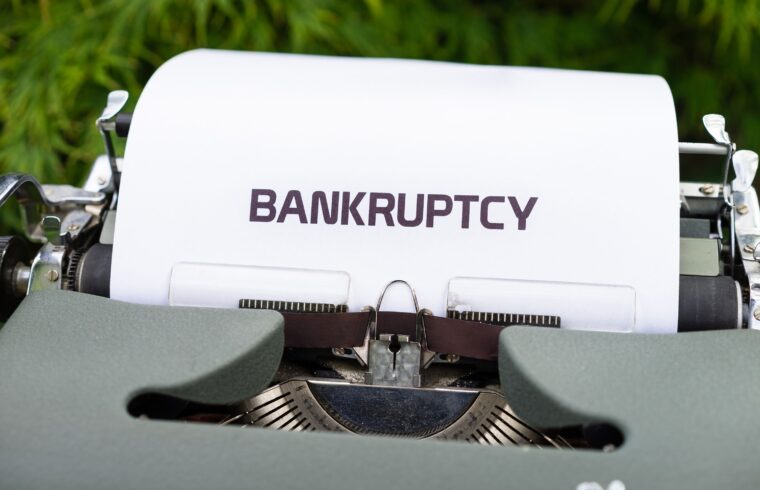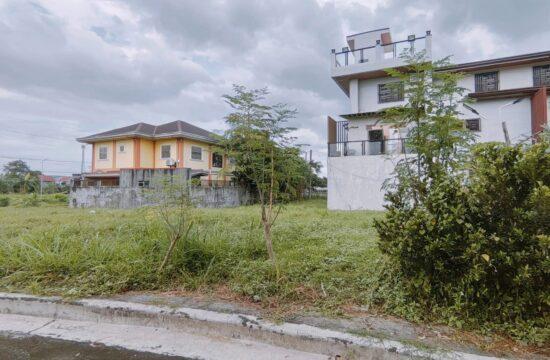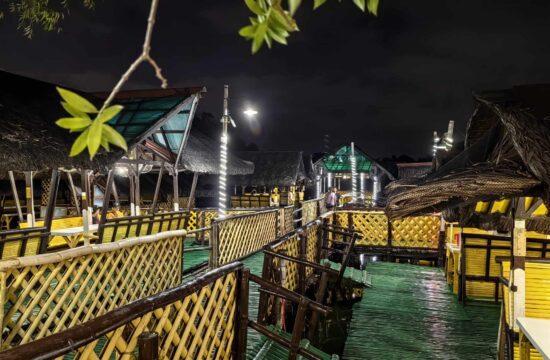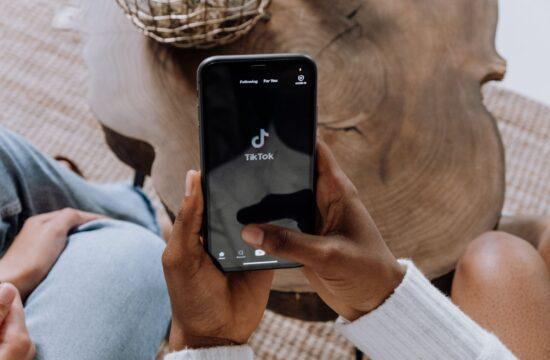A few years ago, when I was in Baguio City renewing my license, I met up with a long-time friend that I had not seen for some time. We chatted and had a couple of drinks until the time that we started talking about insurance and, of course, debt.
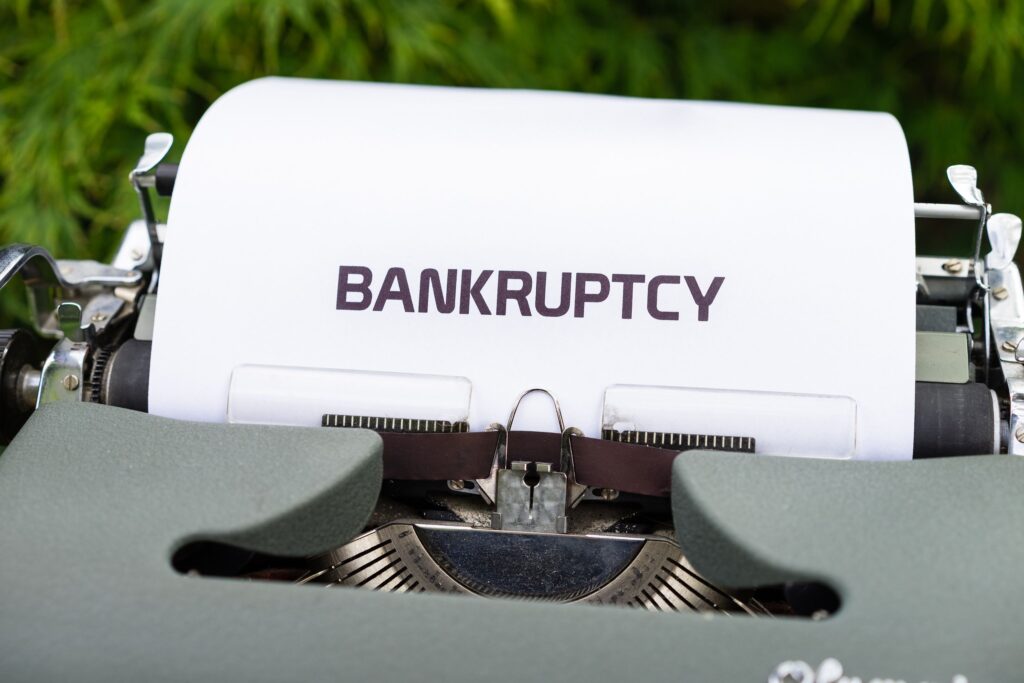
Since he has prior knowledge of the Law, interestingly, he mentioned that there are quite a few people nowadays that could not really handle the amount of money they owe, and so they file for Bankruptcy.
Bankruptcy is a legal process that an individual or a business can do if they find themselves in a position where they are unable to pay their debts.
What sorts of debts? This could be money owed because of bank loans, credit cards, and perhaps, an extravagant lifestyle. Bankruptcy can be declared when they get overwhelmed by the money they owe to the point that they could not or don’t know how to settle their debts. This happens to a lot of people all over the world and even more so now with the pandemic going on.
Under the Philippines Bankruptcy Law, there are three ways where an individual or business can file bankruptcy legally.
First is the Suspended Payment,
This is where debt will be restructured, and you will be allowed to re-pay your debts for a longer period of time. When the lender agrees to the debtor’s restructuring program, then they can proceed with the proposed bankruptcy agreement.
In the US, they have this so-called Bankruptcy Protection where this law limits the amount of money a company must pay to the creditors.
Second is the Voluntary Insolvency.
In this case, debtors give up their assets to re-pay for the debts they owed. The court will have to determine if the assets are equal to the debts owed. If approved, a liquidation order will follow.
Third is the Involuntary Insolvency
This process is initiated by the creditors and lenders and not the debtors. If there is a claim of half a million pesos or more, lenders can file a petition with the local court where the debtor lives.
And lastly, the Civil Small Claims
If the debt is less than Php 400,000.00, a lender can file a civil small claim. This is cheaper and quicker; that is why many creditors prefer to opt for this.
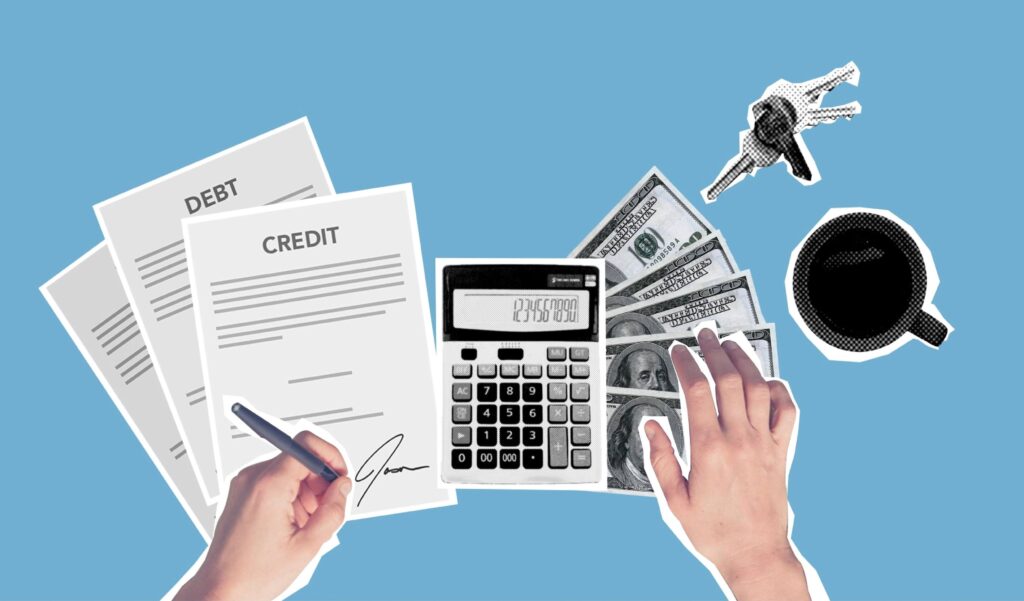
For someone who doesn’t know about bankruptcy, it suddenly became interesting to learn something new on the financial side. The question now is, will this have a long-term effect on me if I file bankruptcy? The answer is…Yes!
Your credit score will drop, which will make it difficult to secure future loans, let say, if you are going to buy a house or any property.
With voluntary or involuntary insolvency, you could lose some of your assets. Credit card companies will terminate your membership, and since your credit score is low, it will be very difficult to borrow, as mentioned a while ago. It may even have an effect when you apply for jobs, especially when they find out during cross-checking that you have filed for bankruptcy.
Just remember that this is just in the Philippines, but wherever we are in the world, these things happen.
So just a piece of advice, before you think of filing for bankruptcy, it is important that you weigh the pros and the cons before you make your final decision. Be wise in choosing what is more important. Focus more on the needs rather than the wants because once you fall into a big debt, coming out from it is never going to be easy.
